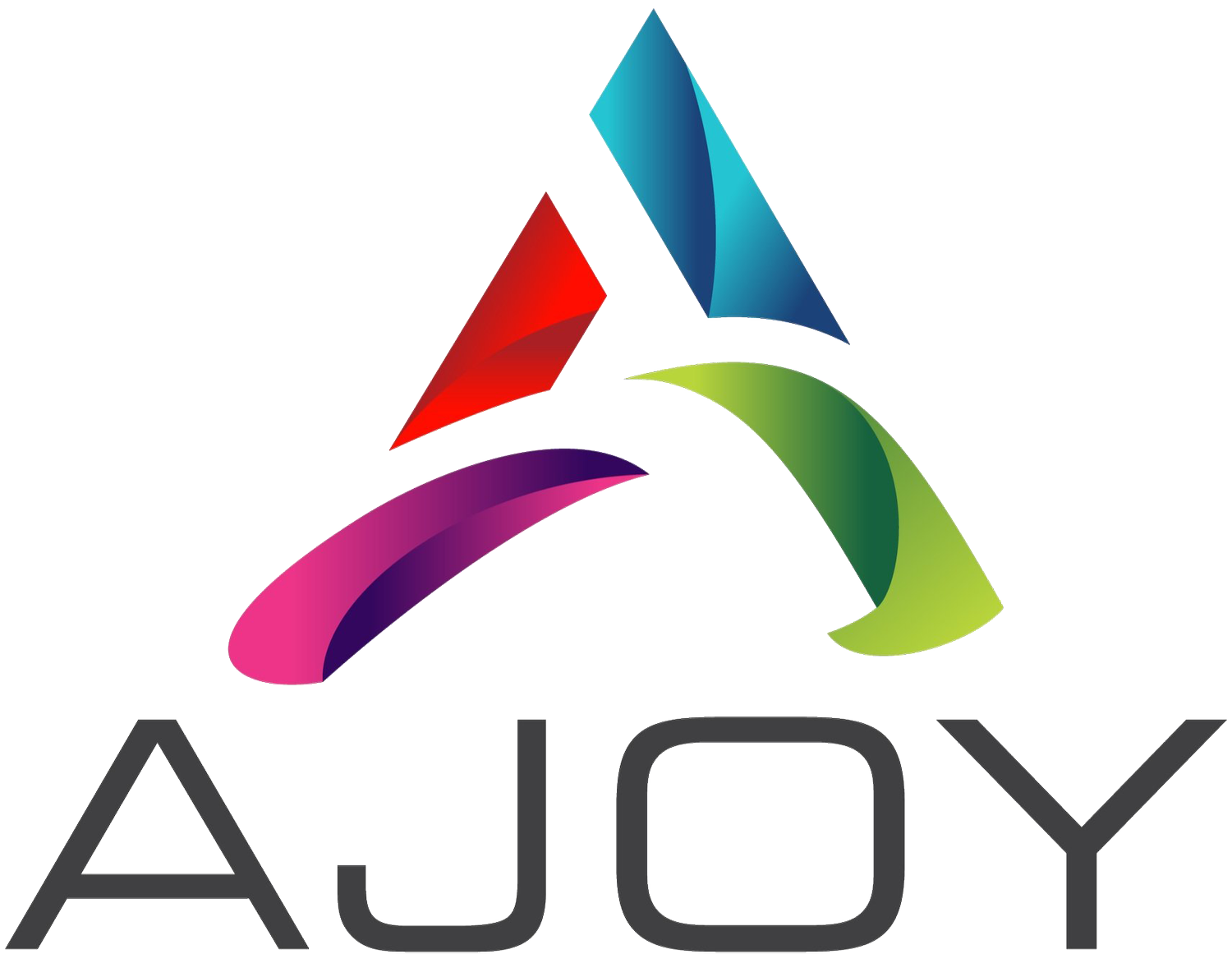Should You Choose a Loan or Line of Credit?
If it hasn’t already happened, there’s bound to come a time when your business needs an influx of cash that you don’t already have on hand. Perhaps you decide that you want to expand your company or you discover that you need additional (expensive) equipment in order to meet customer demand. Don’t worry – these situations are known to occur when you own a small business. Armed with some knowledge and know-how, you can handle this!
Read on to learn about the differences between small business loans and lines of credit so you understand which option might be better for you and your circumstances. Also, find out what you need to obtain a loan or line of credit. So, without further ado, let’s get started!
Small Business Loan vs. Line of Credit
You might be wondering what exactly loans and lines of credit are and how they differ from each other. Well, to start, a loan is a sum of borrowed money that you’re expected to pay back with interest. Note that, in this case, you pay interest on the entire amount given to you whether you actually use the money or not. Also, with a loan, it’s typically expected that you’ll pay it back in installments (hence, it’s also referred to as an installment account).
On the other hand, a line of credit – while also technically a loan – can be drawn down on (i.e., used) incrementally, and you only pay interest on the portion that you use. You can use as much as you want, whenever you want, as long as you don’t exceed your maximum limit. In addition, you can use the funds again after you’ve paid them back – indefinitely (whereas, with a loan, you’d have to take another one out to borrow money again). Also called a revolving account, a line of credit works similarly to a credit card.
What Do You Need to Obtain a Loan or Line of Credit?
If you decide that it will benefit your business to take out a loan or open a line of credit, make sure to do the following first:
Pull your credit report. And make sure you can explain everything on it because the amount you’ll be allowed to borrow will be based on your credit history and score.
Have all your bank statements available. Produce any documents the bank needs, like your bank statements and tax returns. Note that, especially with a line of credit, they’ll want to see that your business is generating revenue so they can be assured that you’ll be able to pay back whatever you use.
- Establish a clearly stated use of funds.
- Know exactly how much money you need.
- Demonstrate that you’ll have enough cash flow to keep up with the payments.
A Final Word From Tuesday P Brooks Owner of AJOY
When you’re trying to decide whether a loan or line of credit will work better for your business and its needs, it’s important to recognize that a loan really shouldn’t be used to cover operational costs (i.e., the costs of running your business) – after all, if you can’t afford to operate in the first place, a loan is only going to increase the amount you can’t afford. A line of credit, however, can be used to cover your “ebbs,” as long as your “flows” (i.e. revenues) are frequent and large enough to pay it off regularly. In general, any type of borrowing you do should only be done for sales-generating endeavors like renovations, expansions, and equipment purchases. In other words, don’t borrow and go into debt just for the heck of it! Make sense? You’ve got this! Until next time.


